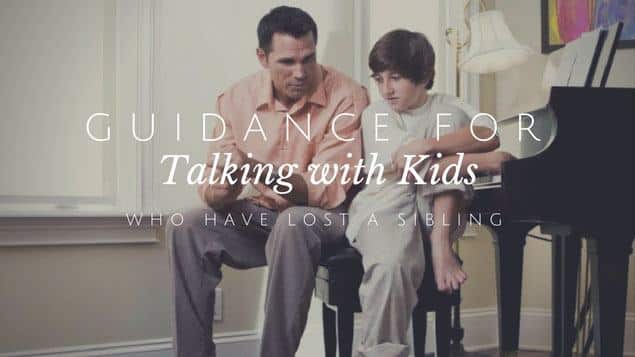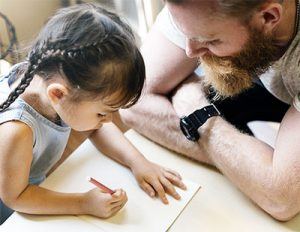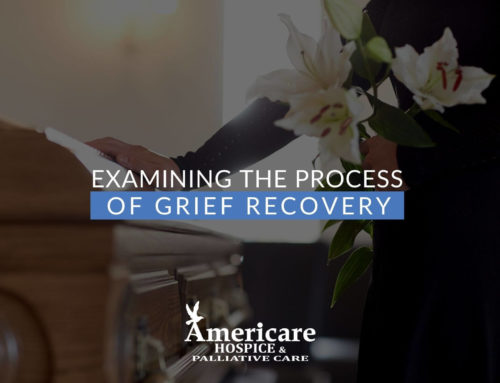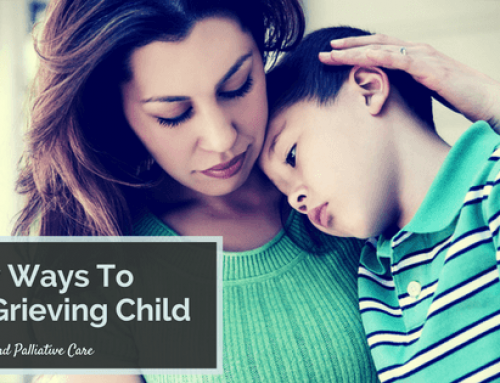Guidance for Talking with Kids Who Have Lost a Sibling
We never expect children to die, even when they are seriously ill. That’s just not the order of things, especially when you have to find quality hospice care & palliative care in Gilbert to make the transition.
It can be hard enough navigating our own feelings when a child dies, let alone trying to explain that unexpected loss to another child. Most adults tell children that people die “when they are very, very old” and that they won’t die “for a long time.” When a child dies, that narrative is disrupted for everyone.

When the child who dies was a sibling, it can be even harder for the child to understand their feelings. The child can be very confused, and the grief can be overwhelming. It is important that you get grief support for your child and your whole family, and that you work with counselors to understand how to talk with your child about the loss.
Here are a few tips for how to talk with children who have lost a sibling:
Use Simple and Honest Language

Instead, use simple and direct language. Say, “he died.” Say, “he had a very serious illness, and his body couldn’t fight that illness anymore,” or “he was in an accident, and his body was hurt very badly.” Don’t shy away from this language. Talk about the events simply and matter of factly to make it clear what happened and to make it something that people can talk about instead of fear.
Share Your Feelings

Tell your children how sad you are, or that you feel angry or confused. Again, use simple language. Share your feelings, but don’t make your children your sounding board. You want to show how to talk about their feelings, not burden them with your adult grief.
Be Flexible
Children live in the moment. They may be happy one moment and overcome with grief the next. They may want to talk about their dead sibling, or they may want to play a new video game. It is important that you remain flexible so that you are there for your children in whatever way they need you.
Be there to talk when children want to talk. If they are resistant to talking, don’t push it. Sit together. Let them draw or tell a story. Play games together. Share your memories. Above all, just listen and be open. Your children will tell you what they need. Just follow their lead.
Reassure them of their Safety
Death is scary for everyone, but it is especially scary for children, who have a hard time understanding exactly what death is and how it happens. It is important that you make children feel safe. You must help them to understand that the circumstances that befell their sibling are unlikely to happen to them, and you must point out the safety measures that are in place for them.

Processing grief is difficult for all of us, but it is especially hard for children who have lost a sibling at a young age. Talk with a grief support counselor for more tips with helping your children specifically or for working with your family together.
Americare Hospice and Palliative Care in Mesa Arizona provides counseling and grief support for families who have lost a loved one at any age. We provide services to the families of our hospice care patients, as well as to other Arizona residents. We support caregivers and loved ones through this difficult grieving process. Individual and group sessions, seminars, and more are available. Call us today to learn more about our grief support services in Arizona or to explore Gilbert hospice care in 85296 options for your loved one.
Published By:
1212 N. Spencer St., Suite #2
Mesa, Arizona 85203
Office: (480) 726-7773
Fax: (480) 726-7790
Email: info@americarehospice.org





